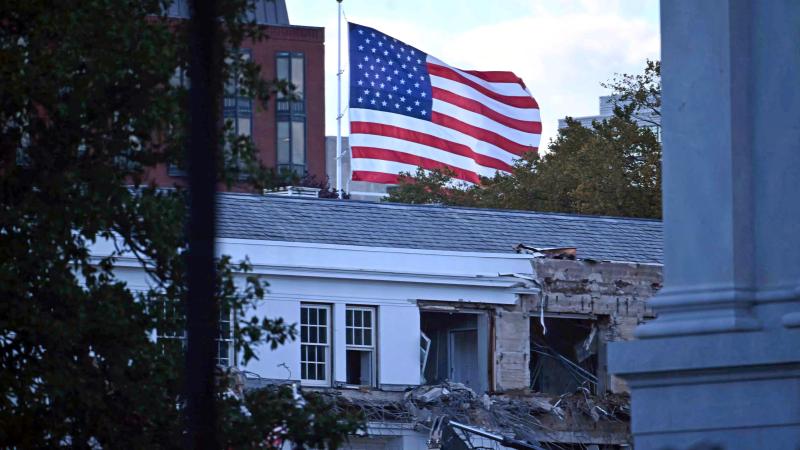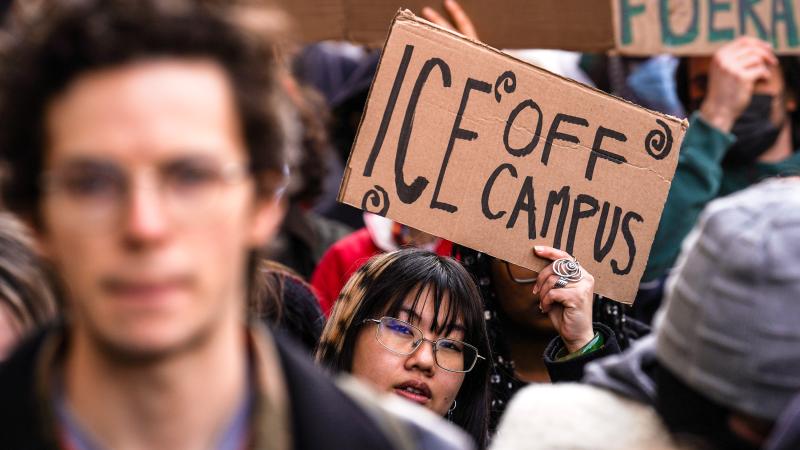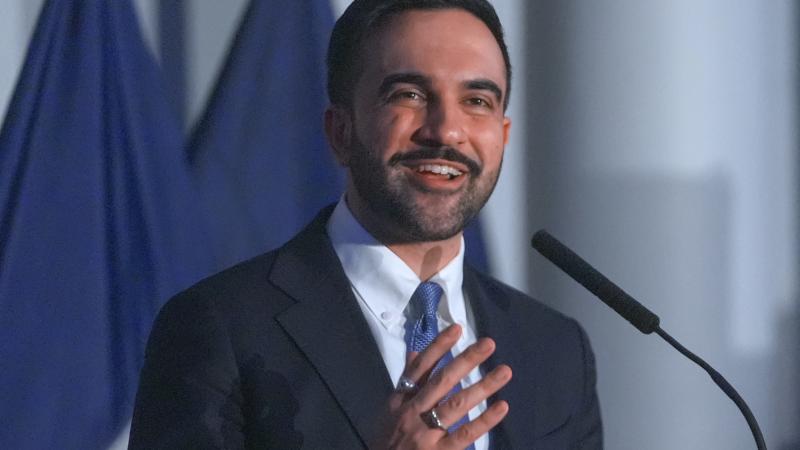Supreme Court clerks are asked for phone records as draft leak investigation ramps up
The unprecedented move has prompted some clerks to consider getting their own lawyer
Officials at the Supreme Court are ramping up their search for the individual who leaked the draft opinion earlier this month that indicated the high court may soon overturn Roe v. Wade.
CNN reports that authorities are requiring law clerks to provide cell phone records and sign affidavits.
The report suggests that some clerks are so alarmed over the new request that they have begun pondering hiring their own outside counsel.
The move by the court is unprecedented and the most significant publicly reported development made, thus far, in the investigation into who provided Politico with the draft opinion that was published the night of May 2.
It is unclear if individual law clerks have been interviewed about the leak, though it is known that Chief Justice John Roberts met with the clerks following the breach.
Some attorneys outside the court say that, regardless of any potential communication with the media, clerks may feel the need to obtain independent counsel as the court's inquiries may begin to intrude on facets of their personal lives.
"That's what similarly situated individuals would do in virtually any other government investigation. It would be hypocritical for the Supreme Court to prevent its own employees from taking advantage of that fundamental legal protection," one appellate lawyer told CNN.
The continued probing of the clerks suggests that the court has, of yet, been unsuccessful in its effort to determine the identity of the leaker. Gail Curley, the court's marshal, is at the head of the investigation into the breach.
The draft opinion, dated Feb. 10, is for the case of Dobbs v. Jackson Women's Health Organization and was written by conservative Justice Samuel Alito. The opinion is supported by a five-justice majority that agreed upon reversing the landmark 1973 Roe v. Wade decision, which granted women the constitutionally protected right to an abortion.
The draft's publication immediately sparked a series of national protests as some states move to codify access to abortion inside their borders, while others move to restrict it.












